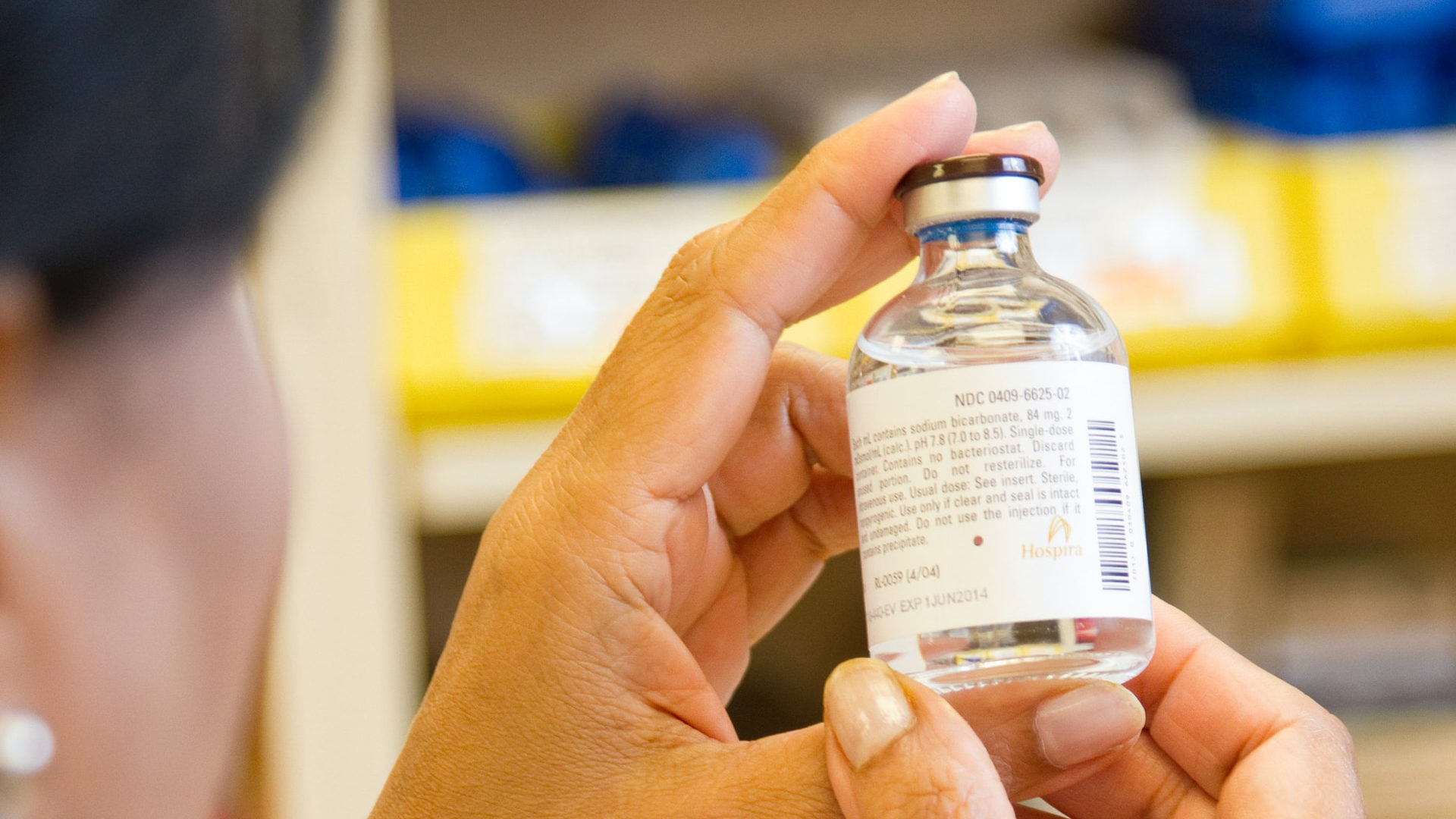News
AI Assisted Inventions – Yes; AI-Inventors – No
July 2022
An AI cannot be an inventor for a European Patent Application finds the Board of the Appeal in their written decision on J08/20 that has now been published.
The appeal related to two applications filed as part of the Artificial Inventors project, which the applicant (Dr Stephen Thaler) claims relate to inventions made by his artificial intelligence system DABUS.
However, in the decision the Board explains that the EPC requires the designated inventor to be a person with legal capacity, noting that the ordinary meaning of the term inventor is “a person who invented a particular process or device or who invents things as an occupation”.
An argument that, in the case that an application relates to an invention without a human inventor the requirement to name the inventor may not apply, found some traction with the Board. However, in that scenario it remains necessary to provide a statement of origin of the right of the applicant to the European Patent. But, in the absence of any legal capacity of an Artificial Intelligence to own and transfer such rights, there is no way in which the rights in the invention could have been transferred from DABUS to Dr Thaler.
In common with similar decisions in other jurisdictions, the decision turns on an interpretation of EP patent law that an inventor must be a human. Indeed, the Board explicitly did not consider the question of whether an AI system is in fact capable of developing an invention without human direction and contribution, as claimed by Dr Thaler.
In further discussion, the Board indicated that it was unaware of any reason that would prevent a user of a device involved in an inventive activity to designate themselves as inventor under European patent law, highlighting that there remains no impediment to patenting inventions resulting from a process involving a human assisted by an AI.
Those following the progress of the DABUS applications will be aware that a similar outcome was reached by the Court of Appeal in the UK, which found that UK patent law requires an inventor to be the person who actually devised the invention and that therefore a machine cannot be an inventor. Further, a recent UK Government consultation on Artificial Intelligence and Intellectual Property concluded that no change was required to UK Patent law to allow for AI inventors, with many respondents believing that AI is not capable of inventing without significant human intervention, whilst also seeking to address any misperceptions that current law prevents the patenting of inventions made with the assistance of AI.
Applications made for the same inventions to the USPTO and Australian Patent Office have faced similar headwinds with the USPTO issuing a decision stating the inventorship under US Patent Law is limited to natural persons. An appeal to that decision is currently in front of the US Court of Appeals for the Federal Circuit. Despite some initial success at the Federal Court of Australia which found that an AI was capable of being an inventor, this has since been overturned at Appeal, bringing Australia into line with the situation in the US, Europe, and UK.
This leaves South Africa as the sole jurisdiction known to have issued a patent having an AI designated as the inventor. However, the absence of a formal definition of the term “inventor” in South African Patent law along with the lack of a substantive formal patent examination process may cast doubt on the broader relevance of the South African recognition of an AI as an inventor.
This article was prepared by HGF Patent director David Hufton






























